100 days to stay in the saddle
The PM survived the confidence vote but has three months to convince his party he is still electable. He is clinging to research suggesting swing voters haven’t lost faith.
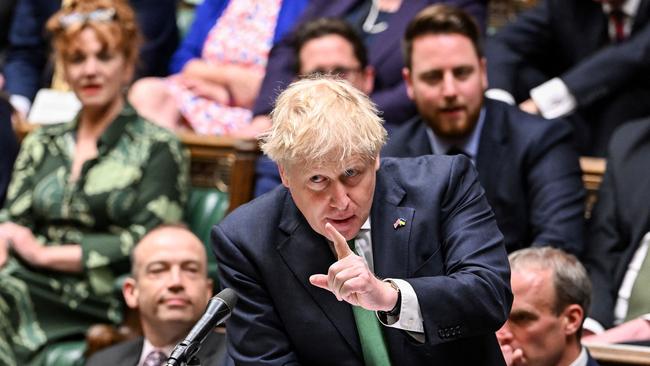
Sir Charles Walker is not a fan of Boris Johnson. After the British Prime Minister made his pitch to Tory backbenchers on the 1922 Committee about why he should not be ousted on Monday, Walker told him: “There are times when you have driven me wild.”
Since this is the Tory party and you can take the boy out of the public school but not the puerile sense of humour out of the man, this was greeted with a suggestive “Ooooh”, as if it was a scene in Carry on Up the Commons.
But then Walker got serious: “Defenestrating a sitting prime minister is a bloody shocking, horrible, terrible thing and we have to ask ourselves tonight: ‘Can we live with it?’”
Johnson’s team began to think things would be OK.
Three hours later the Prime Minister received a text message from Sir Graham Brady, chairman of the 1922 Committee, saying the result of the no-confidence motion was in: 211 MPs had stuck with him, 148 were opposed. Many were surprised by the scale of the revolt. The Prime Minister was not. The day before, Grant Shapps, the transport secretary who built a database of MPs to help Johnson win the leadership, sent him a message that said he would win 59 per cent of the votes or 212. It was one out.
Unlike the whips, who have to guess whether MPs will be a “yes” or “no”, Shapps’s percentage model factors in waverers. This cleverly compensates for the lies people tell the whips and the lies they tell themselves.
“It is done,” Johnson said upon learning his fate. No sooner were the words out of his mouth than the only conversation in SW1 was whether, in fact, he “was done”. Were the wounds too deep? Will the rebels return for another go before the party conference at the start of October?
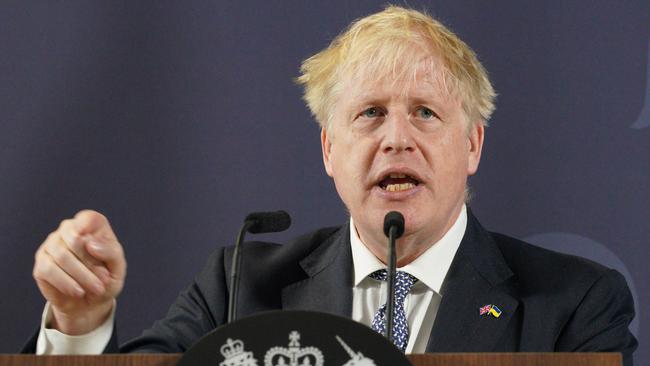
Lord Frost, his former Brexit minister, said last week that Johnson now has to “set a clear policy direction . . . between now and the party conference”. That is a little over 100 days away. Like Napoleon emerging from Elba for his last campaign, Johnson is damaged but up for the fight. The question remains whether he can escape his own Waterloo.
In his address to his MPs, Johnson tried to paint a picture of optimism and opportunity. “The prize tonight is enormous,” he said. “We can get on with taking this country forward. We are only halfway. The best is yet to come.”
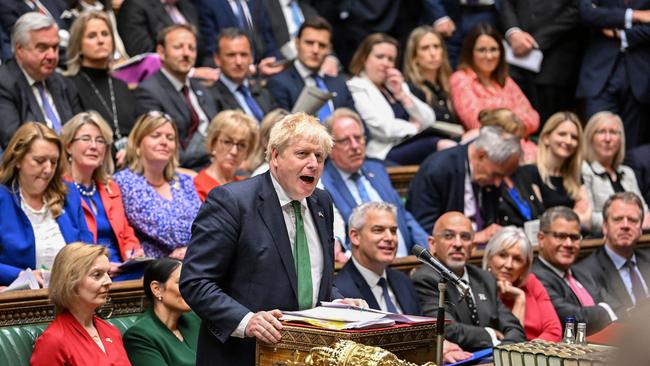
Yet there were times last week when it seemed like Johnson’s team were making up a relaunch plan on the back of an envelope and moments when the Prime Minister’s diminished authority meant he was not able to win policy battles with cabinet colleagues.
No 10 officials briefed that the Prime Minister and Chancellor Rishi Sunak would give a joint speech on the economy. Then it turned out, as one aide put it: “The idea to have a speech predated any idea about what to put into it.” That moment is now delayed for at least a week or two and it is likely to be similar to the Mais Lecture that Sunak gave earlier this year and another speech at the Onward think tank last week. The focus of the speech and the budget that follows will be “capital, people and ideas”.
The Chancellor will offer allowances to raise private sector investment in kit and better training for staff and there will be tax breaks for research and development. Officials claim Johnson and Sunak are as one that income tax cannot be cut until the public finances recover.
In his Onward address Sunak joked that he could now speak more freely: “Until recently, anything I did or said was framed by others as some tilt at the leadership . . . not so much a problem any more!”
But he added: “Our challenge with our voters, and the country more widely, is the same as it was on the morning of Friday, December 13, 2019. To prove we are worthy of the great trust placed in us to deliver on the priorities of the British people. It is no more or less complicated than that.”

In practice, the events of last week show this will be complicated for Johnson. His decision to unveil plans to let housing association tenants buy their homes caused heated rows. Michael Gove, the levelling up secretary, privately accused Downing Street of “bouncing” the policy before it was ready. Officials had not even undertaken an impact assessment on how it will affect social housing stock, or how many new homes will be needed to replace those sold off. Despite this, Andrew Griffith, Johnson’s head of policy, acted like a “rottweiler” in forcing through the announcement. The Treasury is also refusing to provide extra funds, leaving Gove with a further headache about how to pay for it.
Sunak and Gove then joined forces to block Johnson’s wish to let councils sell high-value assets to pay for new social housing while Sunak and Therese Coffey, the work and pensions secretary, united to see off plans to let first-time buyers access pensions early to pay a deposit.
Gove and Sunak also joined forces last week to fight plans by Liz Truss, the foreign secretary, to force through hard line legislation to override the Northern Ireland protocol to be published tomorrow (Monday).
In a heated Wednesday meeting with representatives of the eurosceptic European Research Group, Johnson sided with Sunak and Gove and against the ERG, who were arguing that all reference to the European Court of Justice be struck from the protocol.
But on Thursday the bill was tabled with clauses which some insiders see as a clear breach of international law and which could now lead to a huge row with Brussels and MPs. A source present at Wednesday’s meeting said: “The PM didn’t end the meeting in a tough way and caved the next day anyway and we now have a very hard line position on the European court.”
Senior civil service officials have privately voiced concern that the writing of the bill was “subcontracted” by Truss to the ERG. Ministers did not let Sir James Eadie, the first Treasury counsel, who represents the government in court cases, even pronounce on whether the policy was legal. “This is unprecedented,” a former minister said.
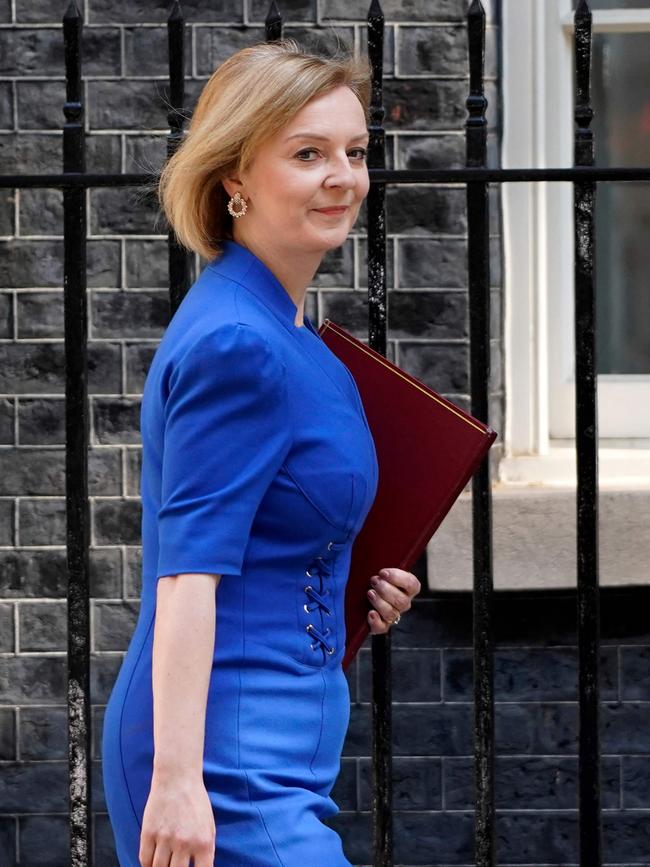
Meanwhile, Downing Street is coming to resent the interventions of Lord Frost, who has been egging on the ERG. “Frosty is slightly ludicrous,” one Johnson ally said. “He was in government and had a chance to do this stuff and he walked away. It’s like a footballer who hasn’t scored a goal for a decade watching in the crowd and complaining that the striker has missed the target. He’s someone who talks the talk but can’t walk the walk.”
Johnson’s team knows he is not out of the woods. Oliver Dowden, the party co-chairman, got senior staff together on Monday to ask them to build a detailed picture of views about the prime minister in Conservative associations in the hope that grassroots members would seek to deter any attempt to change party rules, which prevent a further confidence vote for a year.
On June 23 Tory high command expects to lose both the Wakefield and Tiverton and Honiton by-elections. Every cabinet minister has been told they must make two visits, though they can choose to visit one of them twice. “The rebels haven’t really helped us,” the source added. “The postal votes dropped right after the vote of confidence.”
Johnson survived, in part, because sufficient of his MPs did not want to challenge the mandate he won at the last general election. “The first thing is that he was never going to resign,” said one of those present at a fightback meeting on Sunday night in Johnson’s flat attended by Sir Lynton Crosby and close political aides. “He takes a lot of strength from that. He sees it as a personal mandate from the electorate. He considers them his masters.”
This view was echoed in the 1922 meeting on Monday. John Hayes, who backed Gove for leader in 2019, told Johnson: “I certainly wasn’t in the vanguard who supported you but the party made its choice and so did the public. If 180 MPs trump the electorate, I would regard that as indefensible.”
Johnson’s team would have been encouraged if they had heard a focus group last week, which suggested his appeal is more durable than is widely thought. It was conducted in a West Midlands marginal seat, which had been Labour since 1992 but switched to the Tories in 2019, and featured six participants who voted Tory last time but had previously voted Labour. Four of them felt Johnson was dishonest, but not one of them thought he should resign and all six said they would still vote Conservative at the next election. “I’m still behind him, he’s done a lot of good things,” one woman said. “I like the fact that he’s controlled immigration and what a fantastic idea to send them to Africa.”
The focus group organiser, who is not aligned to any political party, said: “We found substantially more support for the current PM than opinion polls are suggesting. A sizeable chunk of the Tory 2019 voting base believes both that the prime minister has consistently lied to them and at the same time believes that he should continue being prime minister.”
There was also some good news for Sunak, who is slowly rebuilding his reputation. “People did not spontaneously mention the debacle around the spring budget, which included taxes going up,” the source said. “They did, however, mention his role in the wildly popular furlough scheme during the pandemic. This is better than the outright hostility we got towards him in April.”
Of the other leadership contenders Truss was popular, with Sajid Javid, the health secretary, a little less so. No one knew Ben Wallace or Nadhim Zahawi, both dark horse candidates if Johnson were to fall, or Tom Tugendhat, a favourite with One Nation Tories. Jeremy Hunt had name recognition but no one saw him as a potential prime minister.
The focus group also found negative views of Sir Keir Starmer, the Labour leader. “These swing voters made multiple references to how Starmer always seemed to be making criticisms without posing any answers which seemed attractive or plausible to them,” the source said. “Labour, to them, seems to lack ideas.”
When Napoleon was picking commanders, he famously remarked: “I’d rather have lucky generals than good ones.” As Johnson embarks on his own 100 days of rebuilding, in sticking with the PM last week his MPs made the same calculation. Internally and externally, he has been lucky in his enemies. And unlike Napoleon, it is possible to conclude that, Johnson might not be permanently exiled at the end of the 100 days.
The Times

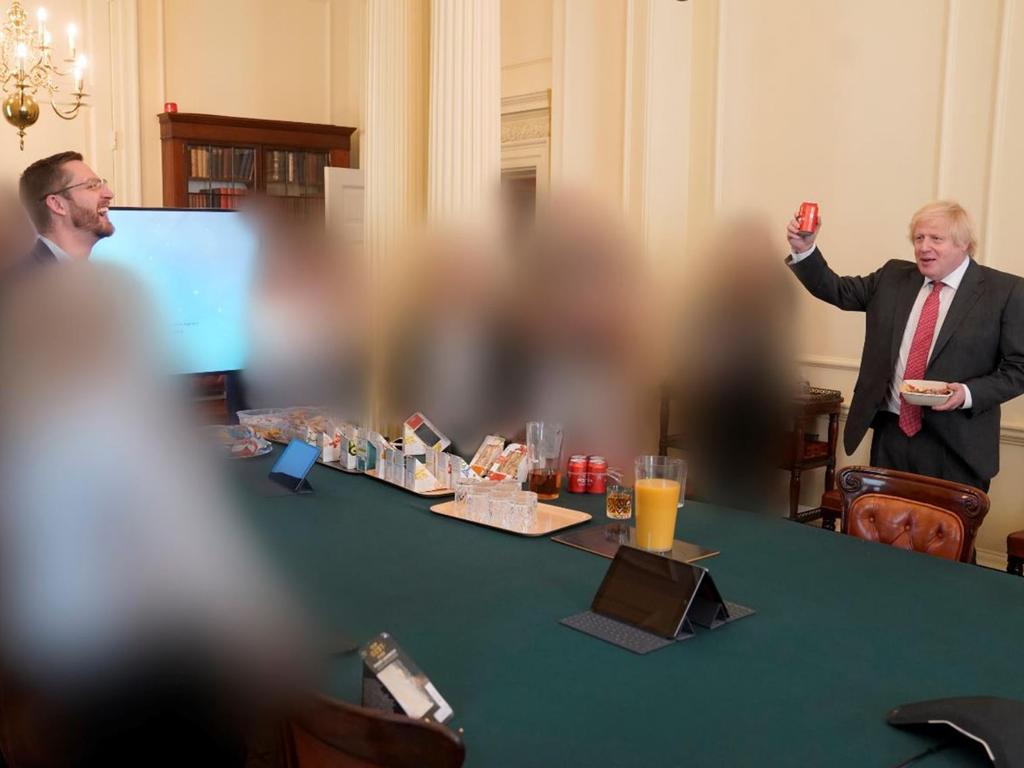
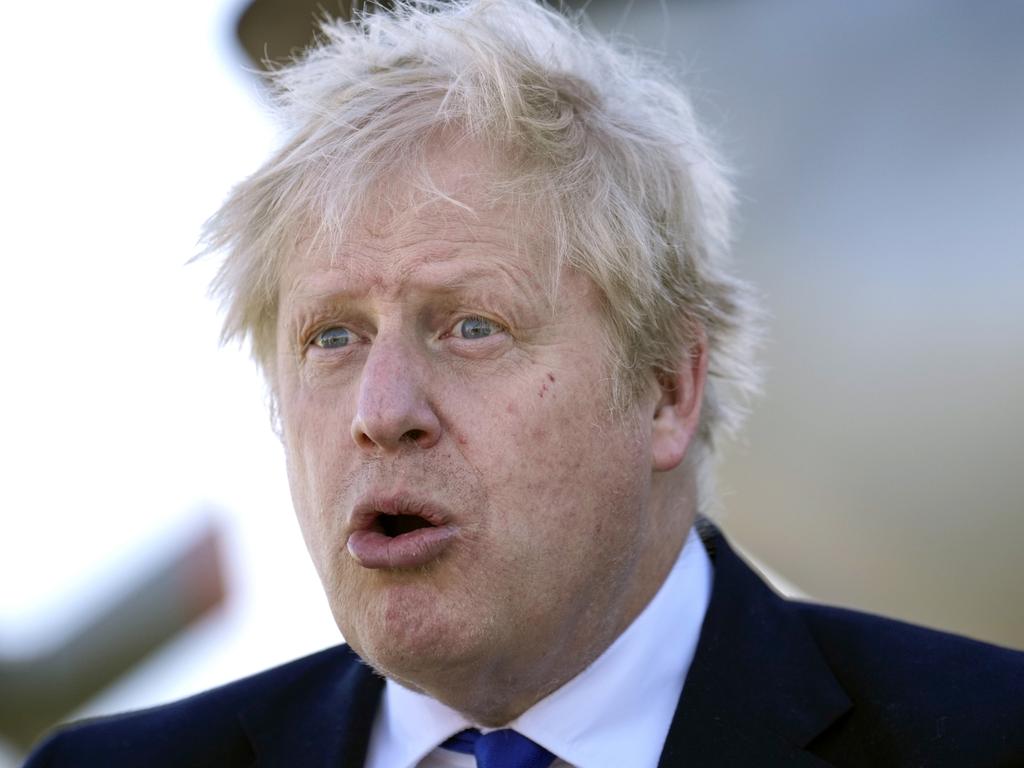
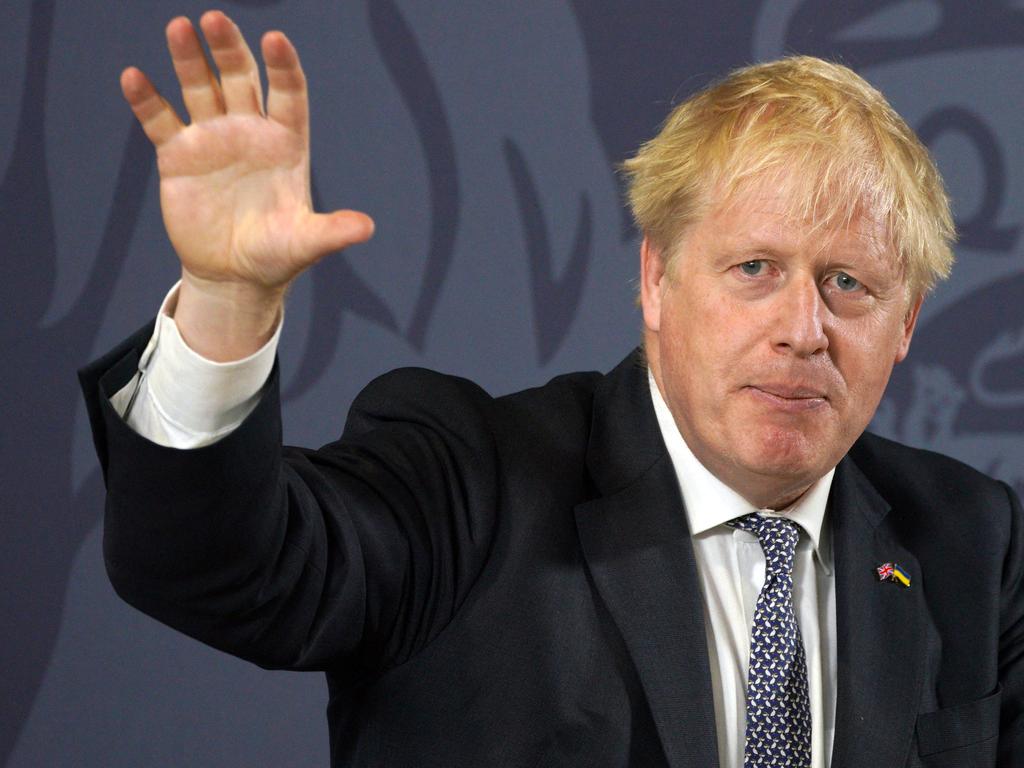
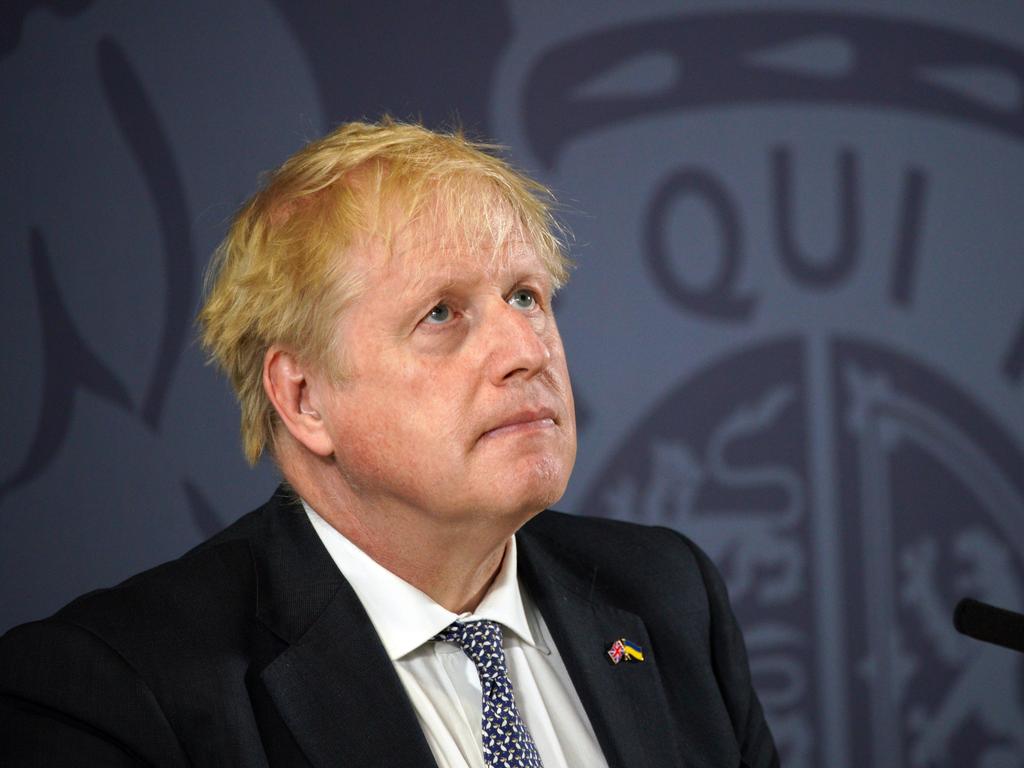


To join the conversation, please log in. Don't have an account? Register
Join the conversation, you are commenting as Logout